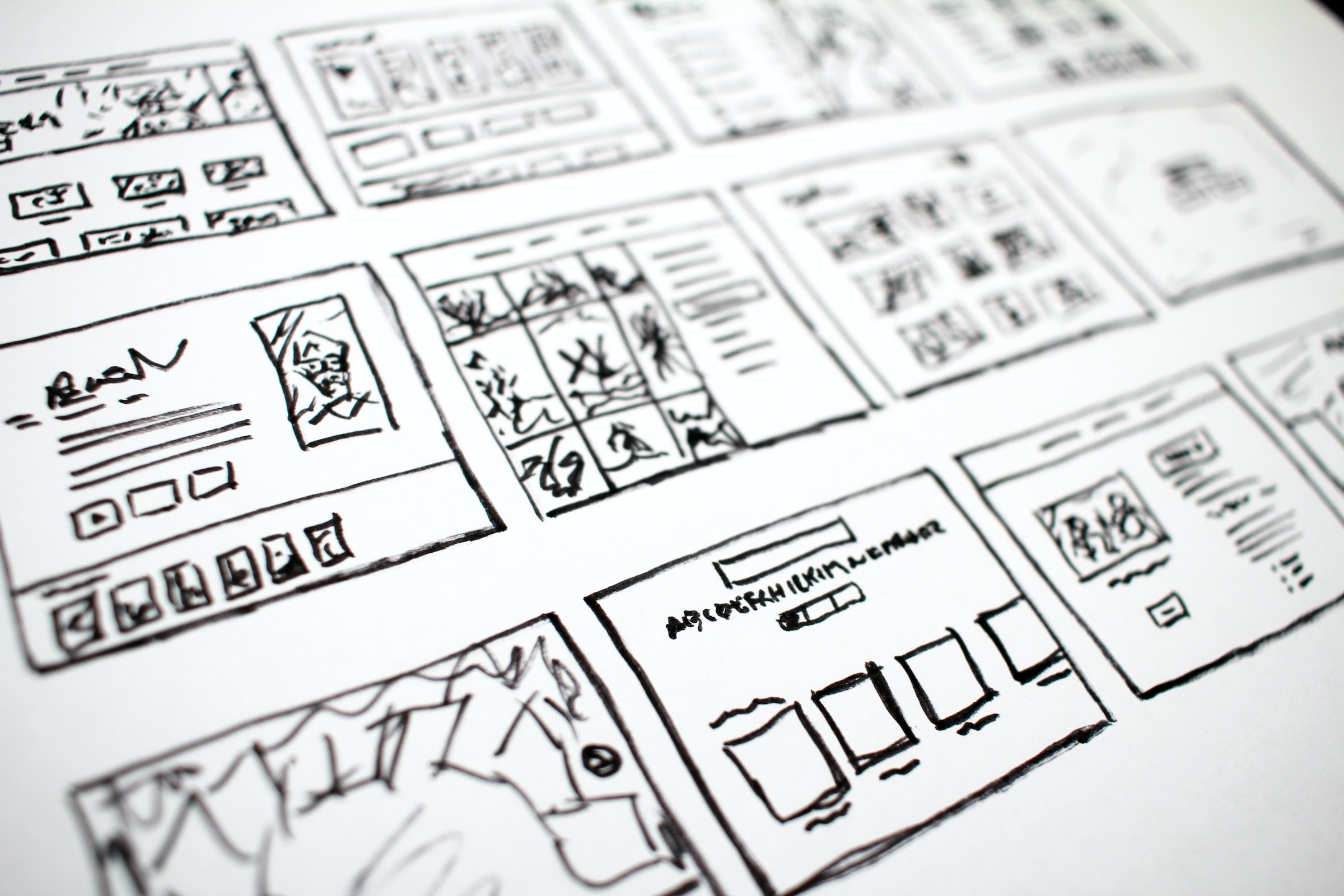The UK government has announced plans for the global AI Safety Summit on 1-2 November 2023.
The major event – set to be held at Bletchley Park, home of Alan Turing and other Allied codebreakers during the Second World War – aims to address the pressing challenges and opportunities presented by AI development on both national and international scales.
Secretary of State Michelle Donelan has officially launched the formal engagement process leading up to the summit. Jonathan Black and Matt Clifford – serving as the Prime Minister’s representatives for the AI Safety Summit – have also initiated discussions with various countries and frontier AI organisations.
This marks a crucial step towards fostering collaboration in the field of AI safety and follows a recent roundtable discussion hosted by Secretary Donelan, which involved representatives from a diverse range of civil society groups.
The AI Safety Summit will serve as a pivotal platform, bringing together not only influential nations but also leading technology organisations, academia, and civil society. Its primary objective is to facilitate informed discussions that can lead to sensible regulations in the AI landscape.
One of the core focuses of the summit will be on identifying and mitigating risks associated with the most powerful AI systems. These risks include the potential misuse of AI for activities such as undermining biosecurity through the proliferation of sensitive information.
Additionally, the summit aims to explore how AI can be harnessed for the greater good, encompassing domains like life-saving medical technology and safer transportation.
The UK government claims to recognise the importance of diverse perspectives in shaping the discussions surrounding AI and says that it’s committed to working closely with global partners to ensure that it remains safe and that its benefits can be harnessed worldwide.
As part of this iterative and consultative process, the UK has shared five key objectives that will guide the discussions at the summit:
- Developing a shared understanding of the risks posed by AI and the necessity for immediate action.
- Establishing a forward process for international collaboration on AI safety, including supporting national and international frameworks.
- Determining appropriate measures for individual organisations to enhance AI safety.
- Identifying areas for potential collaboration in AI safety research, such as evaluating model capabilities and establishing new standards for governance.
- Demonstrating how the safe development of AI can lead to global benefits.
The growth potential of AI investment, deployment, and capabilities is staggering, with projections of up to $7 trillion in growth over the next decade and accelerated drug discovery. A report by Google in July suggests that, by 2030, AI could boost the UK economy alone by £400 billion—leading to an annual growth rate of 2.6 percent.
However, these opportunities come with significant risks that transcend national borders. Addressing these risks is now a matter of utmost urgency.
Earlier this month, DeepMind co-founder Mustafa Suleyman called on the US to enforce AI standards. However, Suleyman is far from the only leading industry figure who has expressed concerns and called for measures to manage the risks of AI.
In an open letter in March, over 1,000 experts infamously called for a halt on “out of control” AI development over the “profound risks to society and humanity”.
Multiple stakeholders – including individual countries, international organisations, businesses, academia, and civil society – are already engaged in AI-related work. This includes efforts at the United Nations, the Organisation for Economic Co-operation and Development (OECD), the Global Partnership on Artificial Intelligence (GPAI), the Council of Europe, G7, G20, and standard development organisations.
The AI Safety Summit will build upon these existing initiatives by formulating practical next steps to mitigate risks associated with AI. These steps will encompass discussions on implementing risk-mitigation measures at relevant organisations, identifying key areas for international collaboration, and creating a roadmap for long-term action.
If successful, the AI Safety Summit at Bletchley Park promises to be a milestone event in the global dialogue on AI safety—seeking to strike a balance between harnessing the potential of AI for the benefit of humanity and addressing the challenges it presents.
(Photo by Hal Gatewood on Unsplash)






